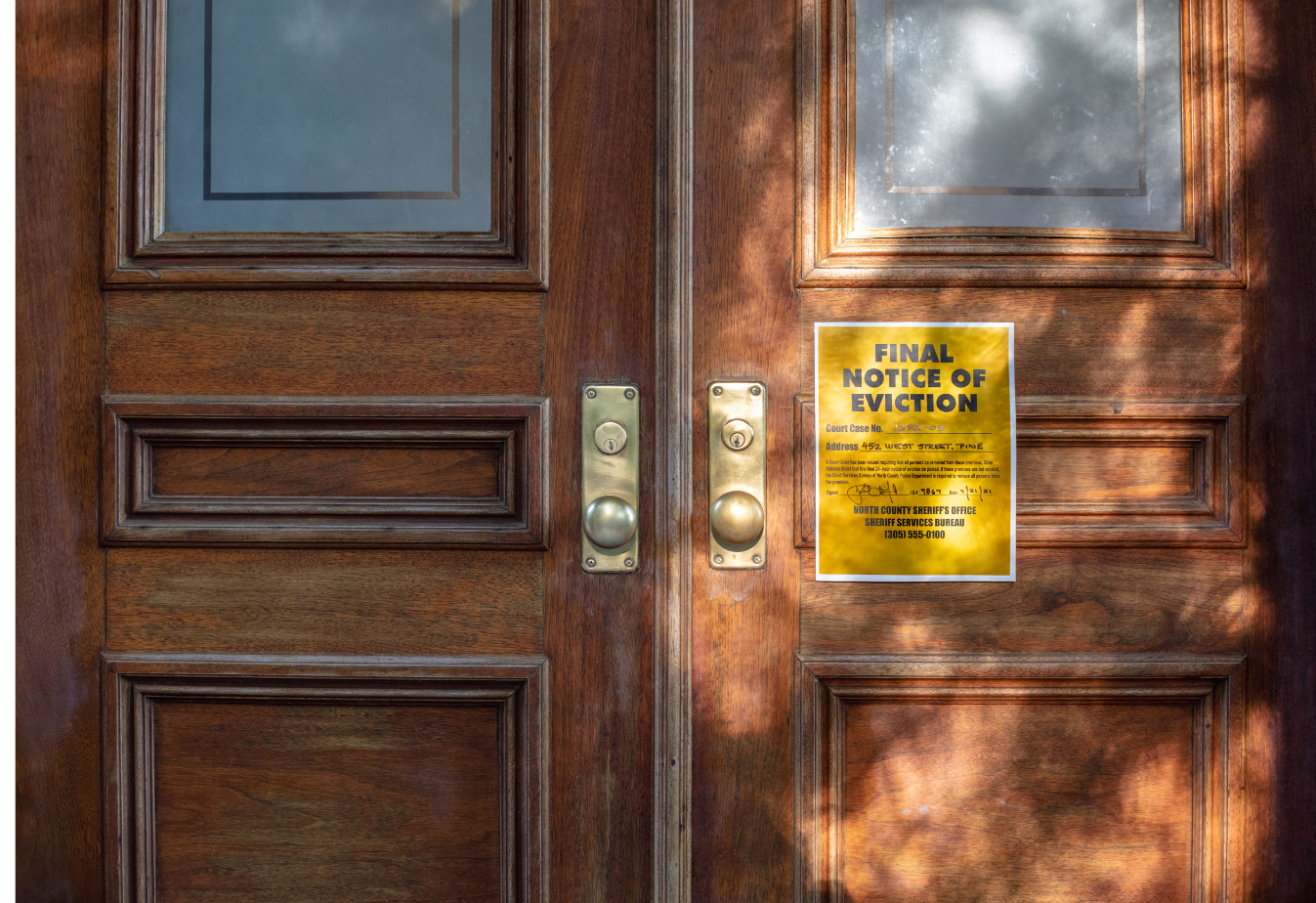Maginnis Howard recently filed several class action lawsuits against landlords charging unlawful fees against tenants without obtaining a summary ejectment judgement.
Defining Summary Ejectment
North Carolina residential landlords must use the statutory “summary ejectment” procedure to evict a tenant that has breached a lease. A summary ejectment action permits the landlord to quickly and peaceably obtain possession of the property. If a landlord forcibly evicts a tenant, or retaliates for some lawful action on behalf of the tenant (such as reporting a building code violation), the landlord can be held liable for wrongful eviction.
Under N.C. Gen. Stat. § 42-25.9(a), “[d]amages in any action brought by a tenant [for wrongful eviction] shall be limited to actual damages as in an action for trespass or conversion and shall not include punitive damages, treble damages or damages for emotional distress.” While this statutory section purports to limit a tenant’s wrongful eviction recovery to actual damages, such as lost or damaged personal property, costs of moving, and increased rent, the courts have nevertheless permitted a separate claim under North Carolina’s Unfair and Deceptive Trade Practices Act, N.C. Gen. Stat. § 75-1.1, et seq.
Legal Precedent
Stanley v. Moore, 454 S.E.2d 225 (1995) provided an important North Carolina Supreme Court decision that effects tenants and landlords today. The case centers around a landlord who used abusive tactics in demanding a tenant vacate the property. A landlord cannot create impossible conditions for the tenant, such as cutting off the electricity, to force them out. In the Supreme Court’s view, it constitutes unfair and deceptive acts. The Court took note of 42-25.9(a), but also pointed out that that N.C. Gen. Stat. § 42-25.9(c) provides that “[t]he remedies created by this section are supplementary to all existing common‑law and statutory rights and remedies.”
The Supreme Court construed this to mean that the tenant could also bring an action for Unfair and Deceptive Trade Practices. Stanley was an important opinion that institutes the Unfair an Deceptive Trade Practices Act. If a plaintiff can prove a violation, they are entitled to treble the recoverable actual damages and possibly attorneys’ fees.







